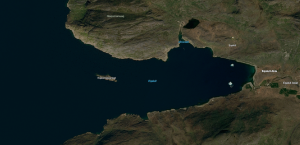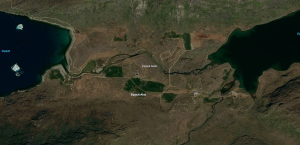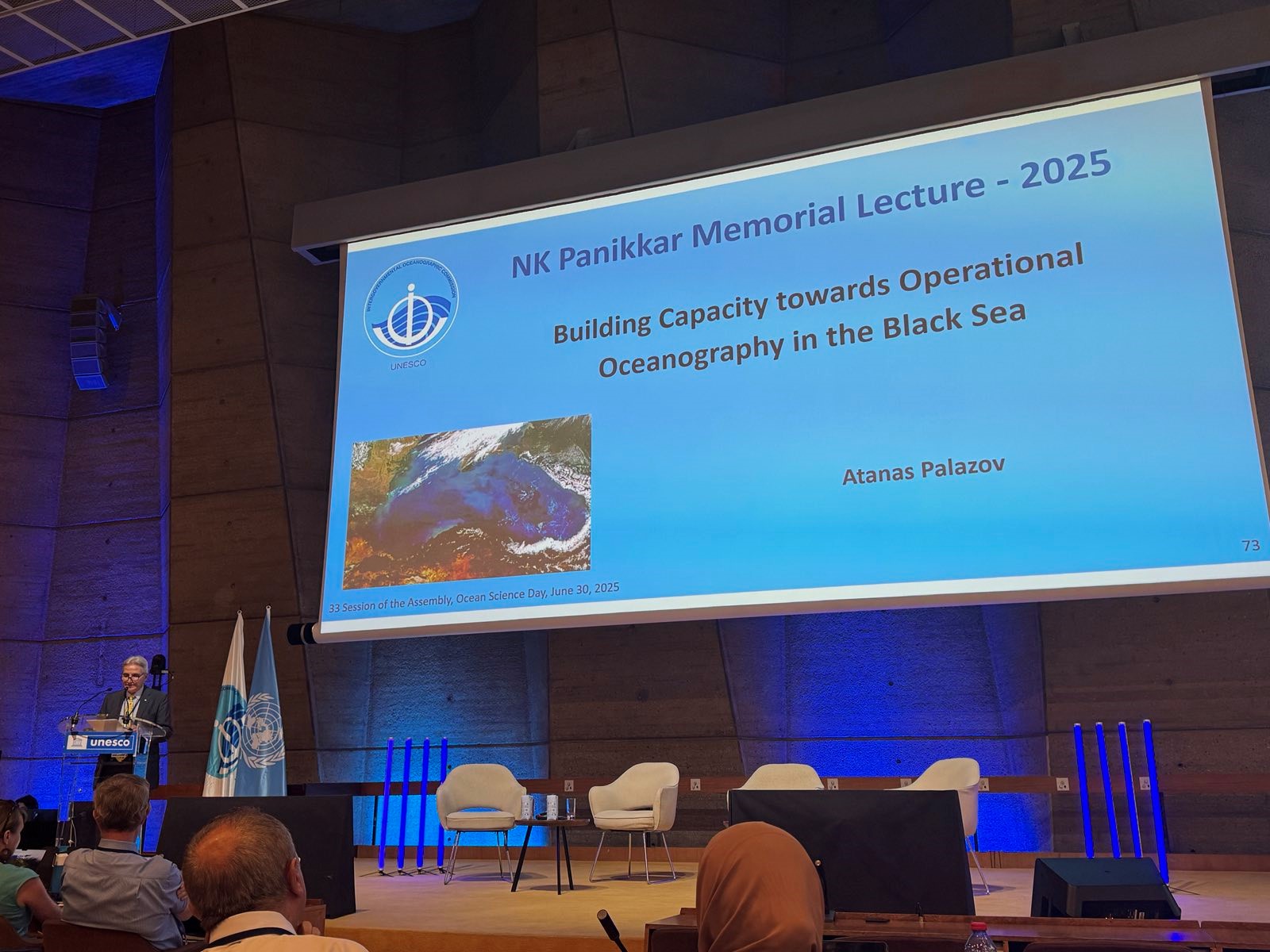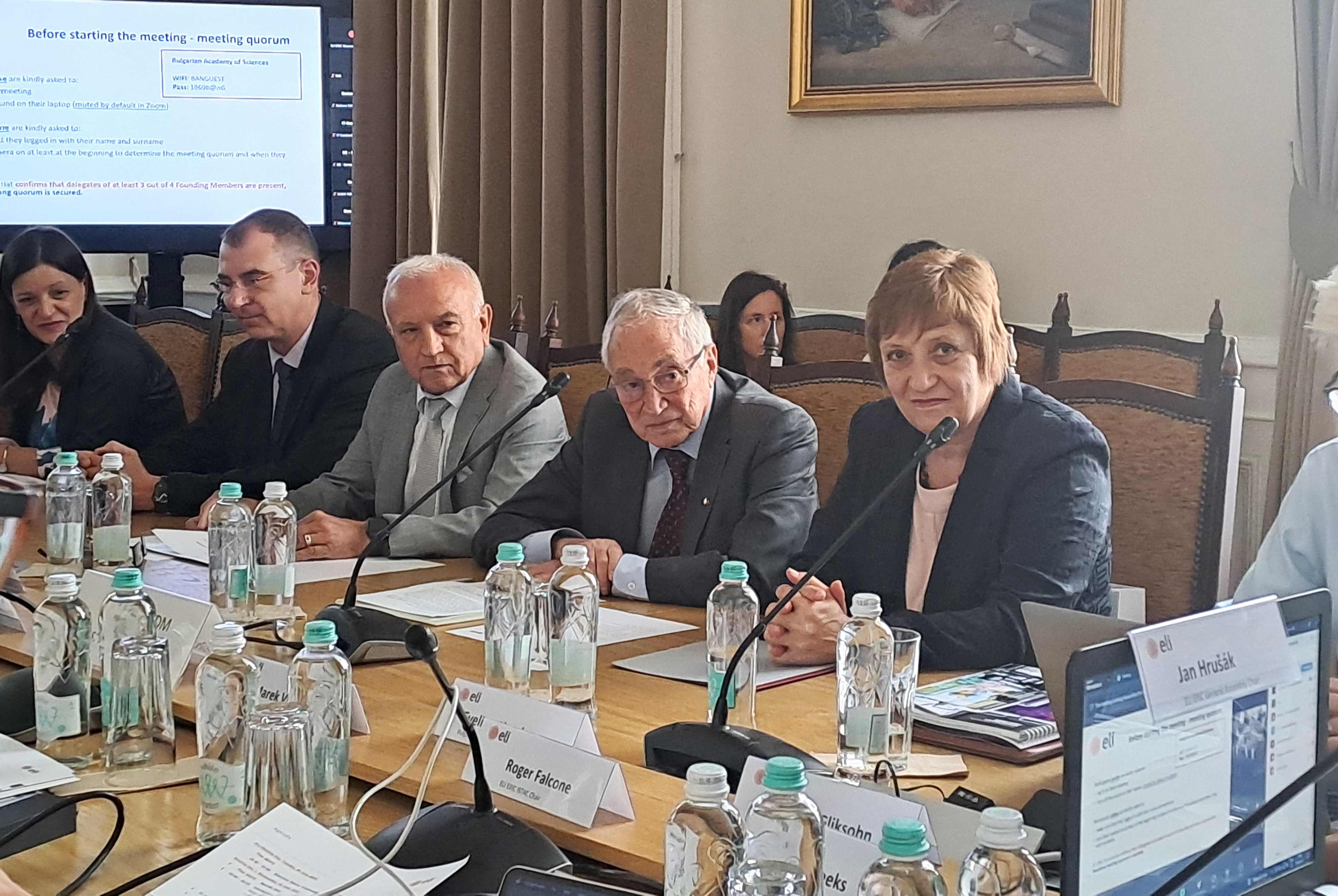An international scientific expedition to the fjords of Southwest Greenland is taking place in the period 14-31 August 2023. The expedition team includes Assoc. Prof. Dr. Tihomir Stefanov from NMNHS-BAS together with scientists from Denmark, Norway and the UK.
The task of the expedition is to study the impact of active glacier melt on fish populations in the region. For this purpose, two fjords will be studied – with and without glacial water inflow. In them, mainly different migration strategies of Arctic char (Salvelinus alpinus) will be investigated using acoustic telemetry.
The result expected by the team is a confirmation of the hypothesis that Arctic chars in Greenland fjords with inflow from glacial runoff will have different migratory behavior and feeding habits than chars inhabiting similar fjords without glacial water inflow.
The expedition is based in the small town of Qaqortoq, and most of the fieldwork will be conducted in two separate fjords where temporary tent camps will be set up.
Arctic aquatic ecosystems are particularly vulnerable and threatened by anthropogenic impacts and climate change. It is therefore important to collect baseline information on them across the Arctic region and to document and determine the potential significance of observed ecological changes in these parts of the planet. Freshwater ecosystems are often small, relatively closed and confined and thus provide a good opportunity to document the ecological changes occurring. Within these ecosystems, the Arctic char (Salvelinus alpinus) is often the only fish species found there and, as a top predator, can provide valuable information on the status and functioning of Arctic aquatic ecosystems. Changes in the environment affect the migration of individual fish species and can also prevent or impair a species’ ability to migrate. In either case, environmental changes could lead to a reduction or complete loss of the ability to migrate, but this is very poorly investigated these days. Climate change is most pronounced in the Arctic and subarctic regions, where increases in temperature and precipitation exceed global averages. This is leading to a lengthening of the annual growth period of fish and it can be expected that changes in their migratory behaviour will be most evident in these areas.
To gather more information about this, the expedition team will use acoustic telemetry and a variety of techniques to collect physiological and genetic samples at the boundaries of two adjacent fjord systems in southwest Greenland – one with inflow from glacial runoff and one without. This will help quantify variations in migration tactics and in the extent of marine habitat use by anadromous Arctic char populations.







